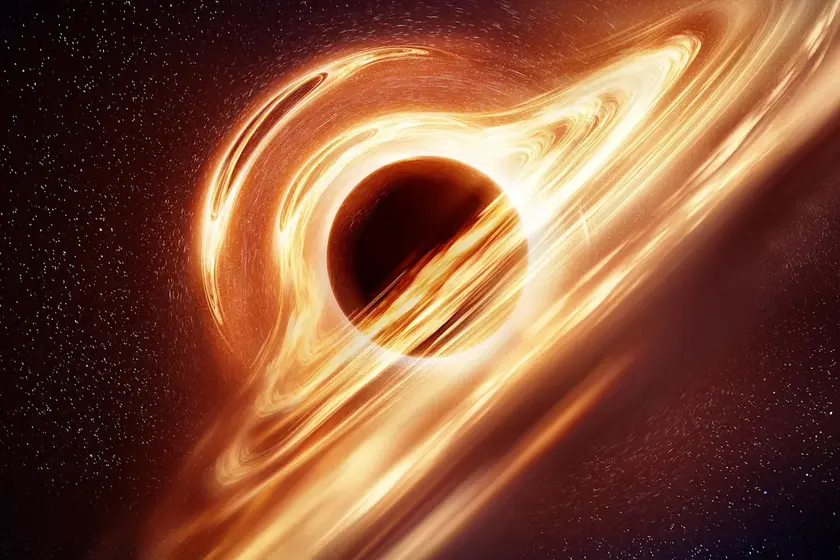T4K3.news
Black holes may seed dark energy
DESI data link dark energy to black hole activity, but the idea needs more proof.
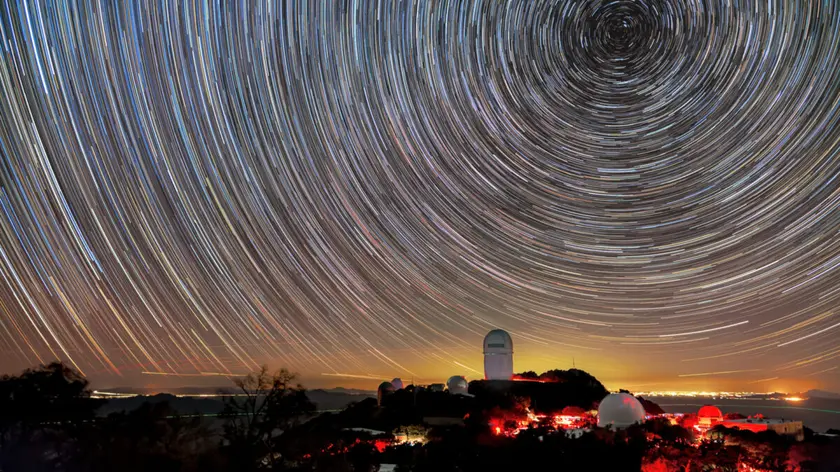
A new theory ties dark energy to black hole processes, suggesting the universe’s mysterious force grows from stellar death.
Black Holes May Seed Dark Energy New Study Argues
A team published in Physical Review Letters on August 21 proposes the cosmologically coupled black hole (CCBH) hypothesis. Using data from the Dark Energy Spectroscopic Instrument (DESI), the authors argue that black holes convert dead star matter into dark energy, linking the growth of dark energy to the rate at which stars form and die since the Big Bang. The model also aims to reconcile tensions between DESI measurements and Earth-based neutrino experiments by aligning the neutrino mass distribution with laboratory results.
Supporters say the framework makes testable predictions and fits a broad set of observations. Critics caution that more data and independent replication are needed before rewriting the nature of dark energy, which is often treated as a constant in many models. DESI's ongoing survey and future telescopes will be crucial to confirm or challenge this idea, signaling a lively era for cosmology.
Key Takeaways
"This paper is fitting the data to a particular physical model for the first time, and it works well."
Gregory Tarlé, DESI scientist
"I find this very exciting."
Rogier Windhorst, study co-author
"The model quantifiably links phenomena you would not initially expect."
Duncan Farrah, study co-author
This hypothesis reframes dark energy as a dynamic outcome of ongoing cosmic cycles, not a fixed property of space. It leans on a single dataset to propose a mechanism that, if real, would tie seemingly separate branches of physics together. The risk is that the model may reflect data choices or instrument biases rather than a universal truth.
The broader implication is a shift in how cosmologists test deep questions. If future DESI results support the link, it would invite a serious reexamination of the standard cosmological model and neutrino physics. If not, the field will gain a clearer sense of where to focus next and how to balance theory with diverse observations.
Highlights
- Dark energy born from dying stars would rewrite cosmology
- The data fit a bold model even as questions remain
- Future DESI results will decide if this link is real
Cosmology stands at the edge of a testable idea and a careful skepticism.
Enjoyed this? Let your friends know!
Related News
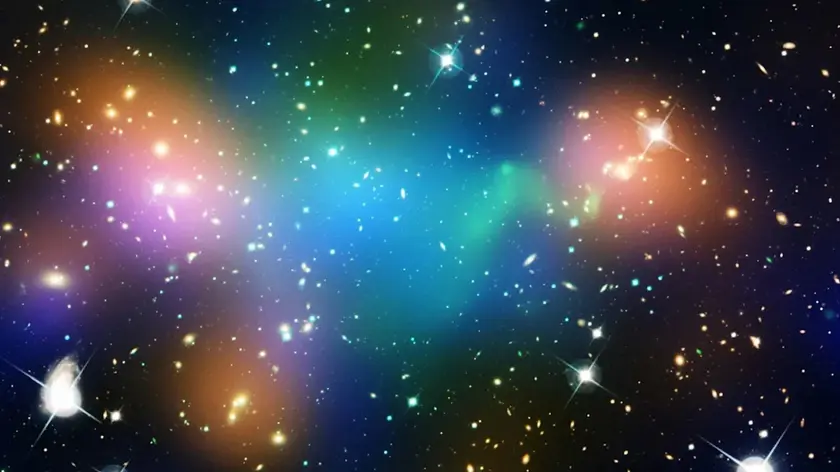
Dark matter paths explored by new theories
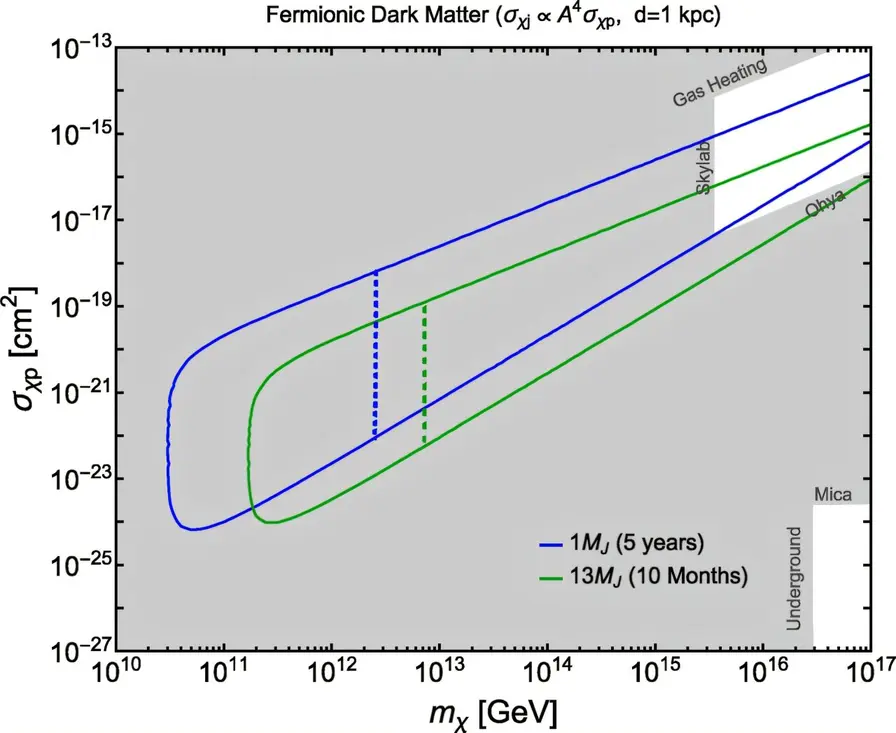
Exoplanets could reveal planet sized black holes if dark matter is heavy

New dark matter detector goes underground

Best Foods Women Over 40 Revealed
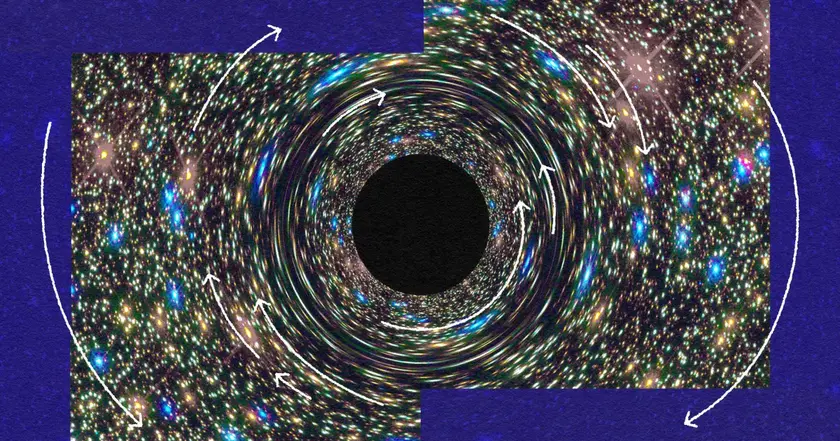
Cosmic Horseshoe Reveals Heaviest Black Hole Yet
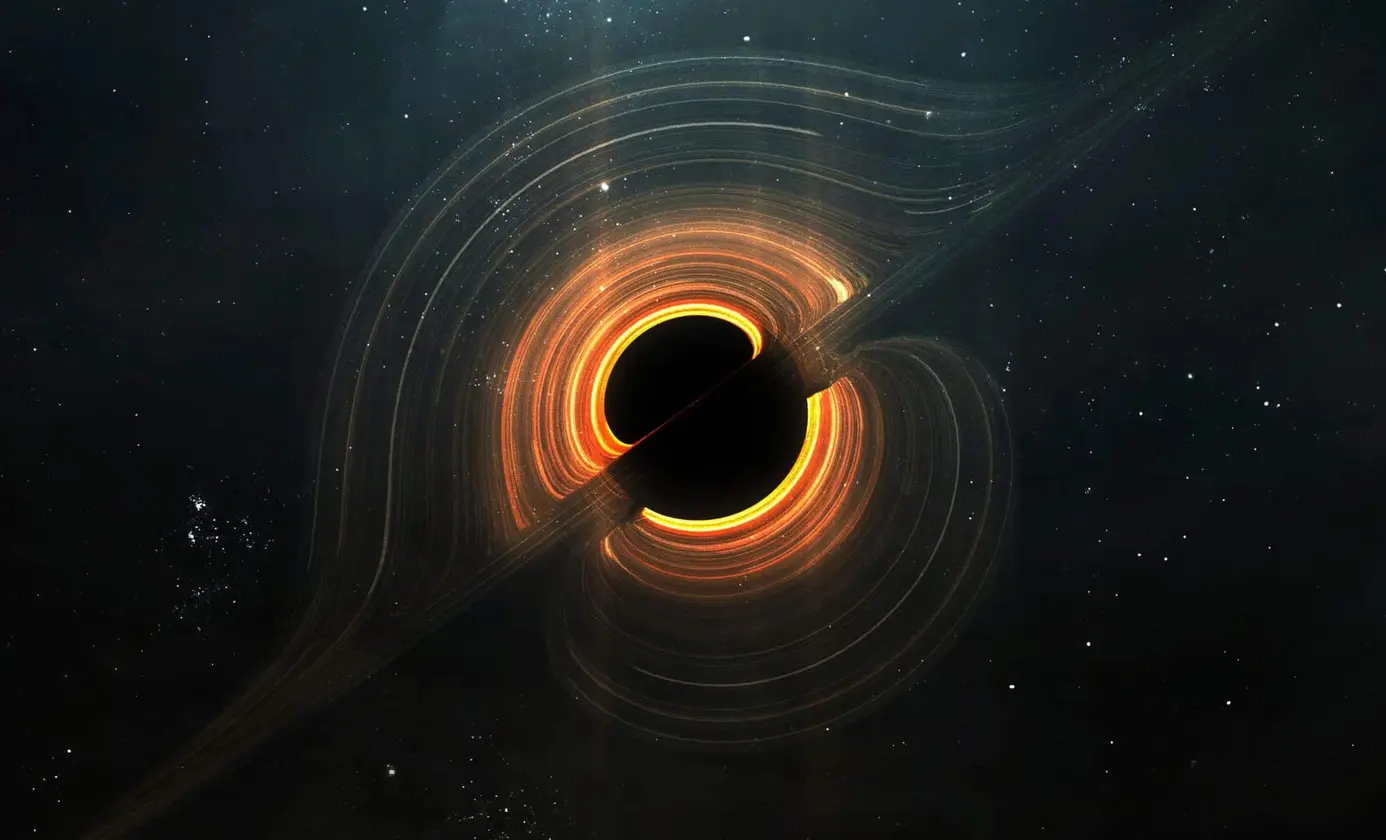
Infinity Galaxy Births a Supermassive Black Hole
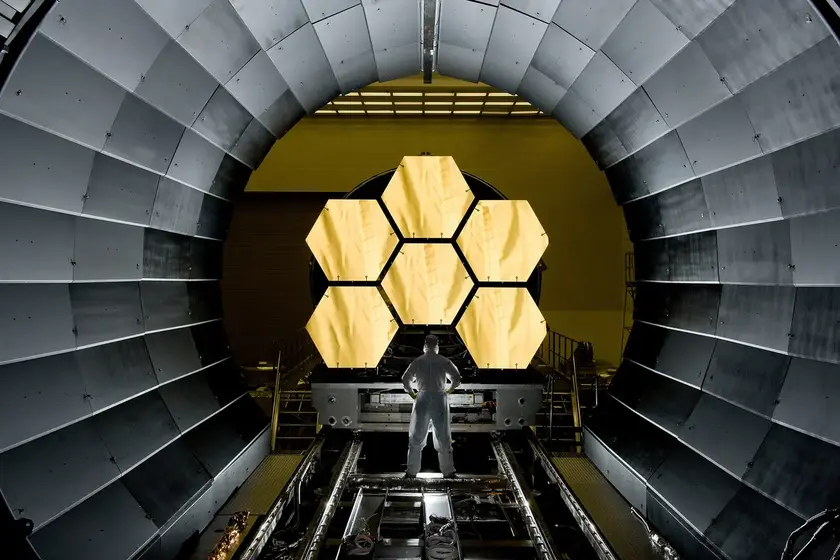
Cosmology faces new questions about the Big Bang
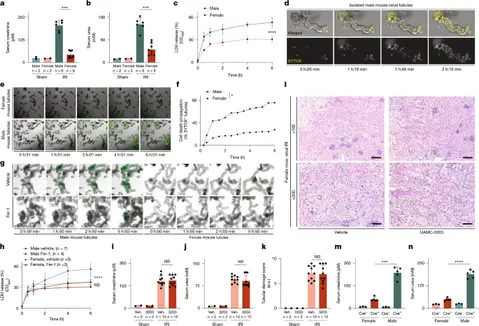
Estrogen protects kidneys from ferroptosis
